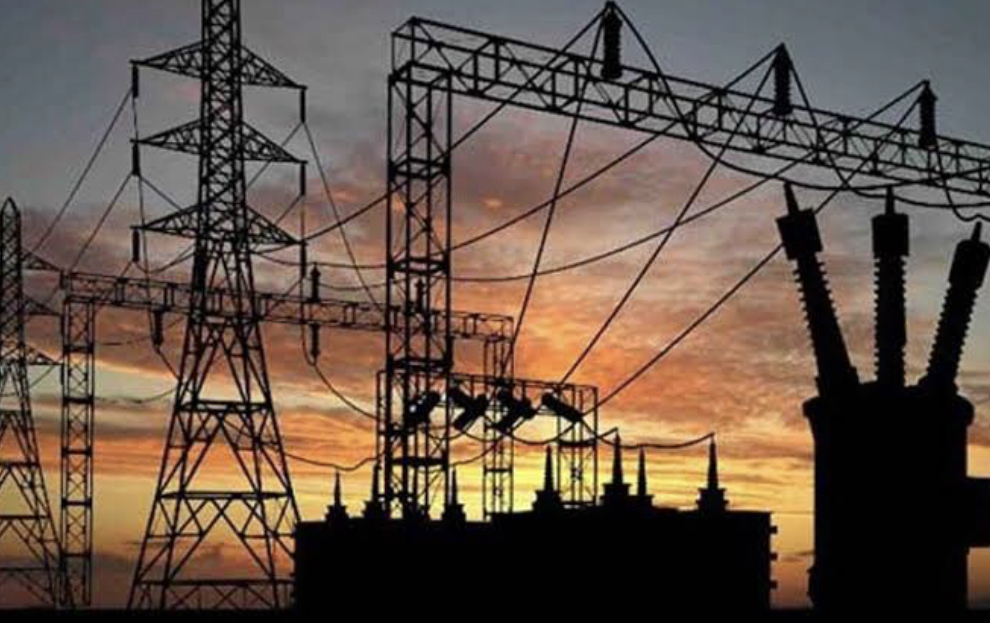The Federal Government has earmarked 550 million dollars to boost the nation’s epileptic power sector.
Recall that Nigeria has been greeted with nationwide blackouts in the last few weeks following the perpetual collapse of the national grid.
President Muhammadu Buhari in an interview he granted Bloomberg News, revealed that his administration is making efforts to decentralise national grid in a bid to boost electricity supply in the country.
He said his government is investing 550 million dollars in the provision of 20,000 Standalone Solar Systems (SHS), as well as Solar Hybrid mini-grids in over 250 locations across the country.
“We are also decentralising the national grid through renewable driven mini-grids.
“The 550 million dollar Nigeria Electrification Project has deployed more than 20,000 Standalone Solar Systems (SHS), as well as Solar Hybrid mini-grids in over 250 locations,” he said.
On grid modernisation, the Nigerian leader said there were hundreds of ongoing projects and initiatives attracting funding from local and foreign investors.
He said: “Take my Presidential Power Initiative (PPI), a government-to-government initiative between the Governments of Nigeria and Germany, with Siemens AG, to upgrade the electricity grid with a 2 billion dollar investment.
“Once signed into law the constitutional amendment bill – recently voted through parliament – will allow state governments to generate and transmit their own electricity, further facilitating investor participation in our market and enabling states and local businesses to transmit excess supply to the grid.”
On the persistent calls on Nigeria by the International Monetary Fund (IMF) and the World Bank to remove fuel subsidy, the president remarked that subsidy removal was becoming increasingly untenable.
“Most western countries are today implementing fuel subsidies. Why would we remove ours now? What is good for the goose is good for the gander!
“What our western allies are learning the hard way is what looks good on paper and the human consequences are two different things.
“My government set in motion plans to remove the subsidy late last year. After further consultation with stakeholders, and as events unfolded this year, such a move became increasingly untenable,” said Buhari.
He added that boosting internal production for refined products would also help.
“Capacity is due to step up markedly later this year and next, as private players and modular refineries (Dangote Refinery, BUA Group Refinery, Waltersmith Refinery) come on board.
“The exchange rate is still susceptible to external shocks that can suddenly and severely affect Nigerian citizens.
“As we step up domestic production – both in fuel (enabled by PIA) and food (agricultural policies) – the inflationary threat shall diminish, and we can move toward unification,” he said.
By Sunny Green Itodo
